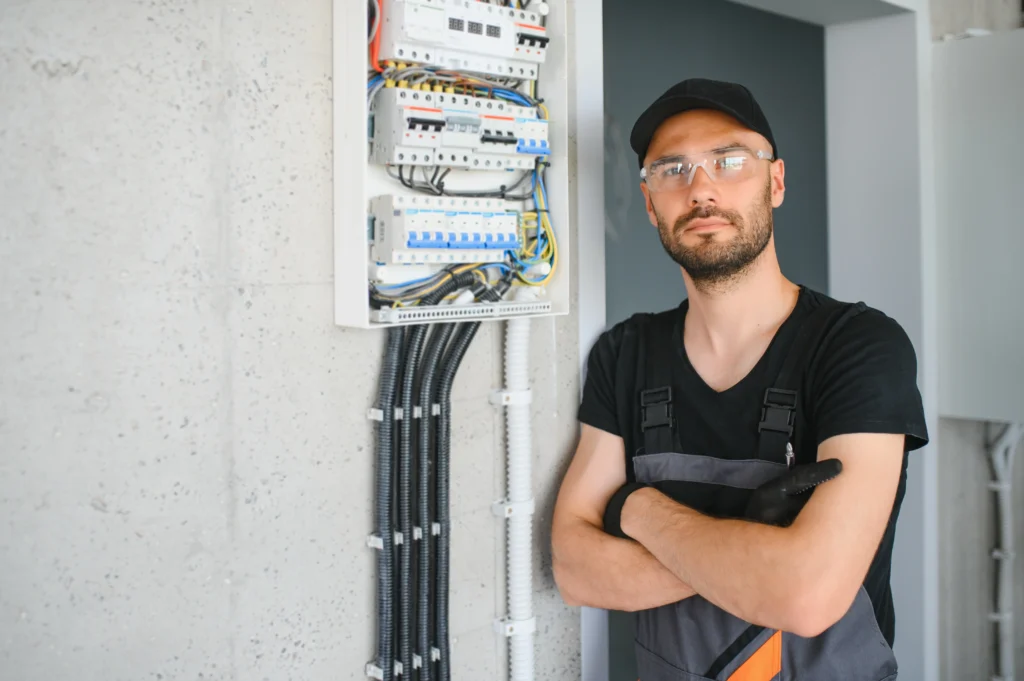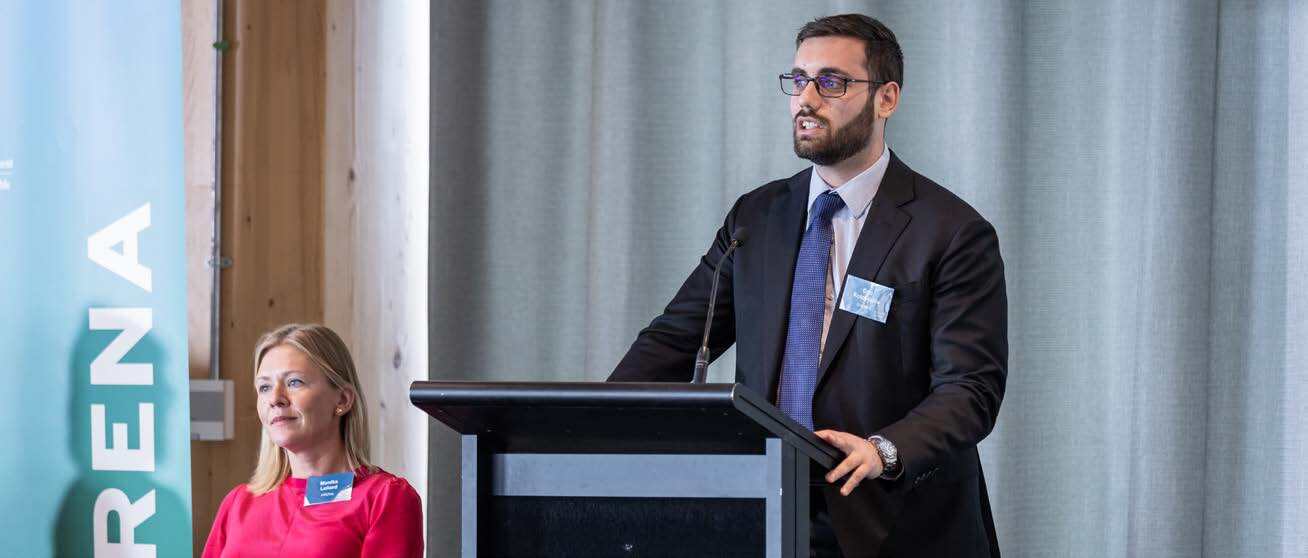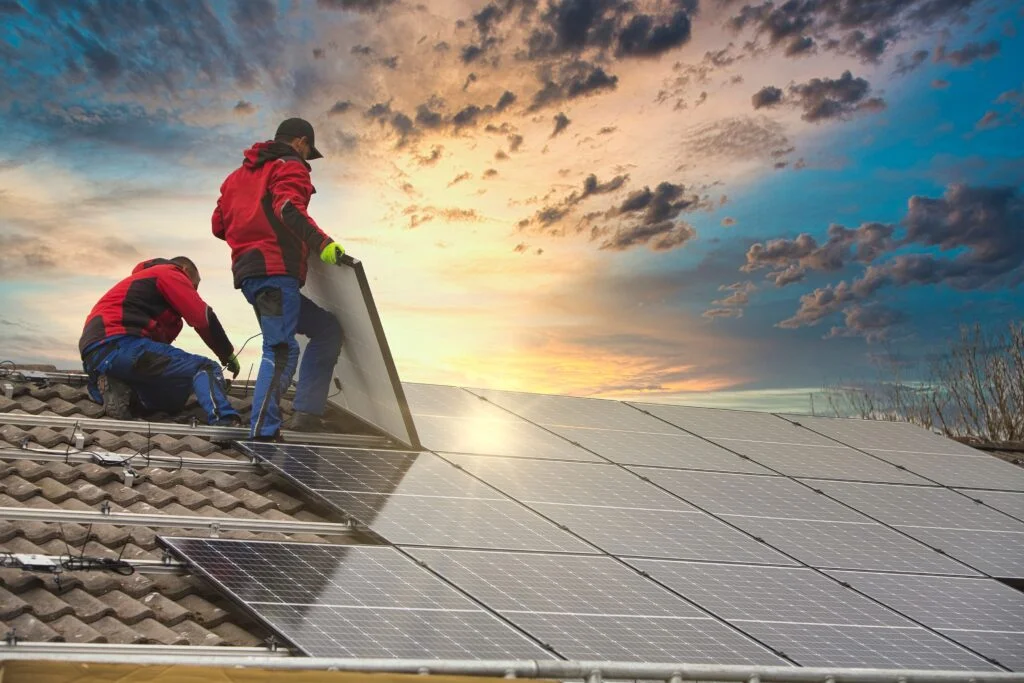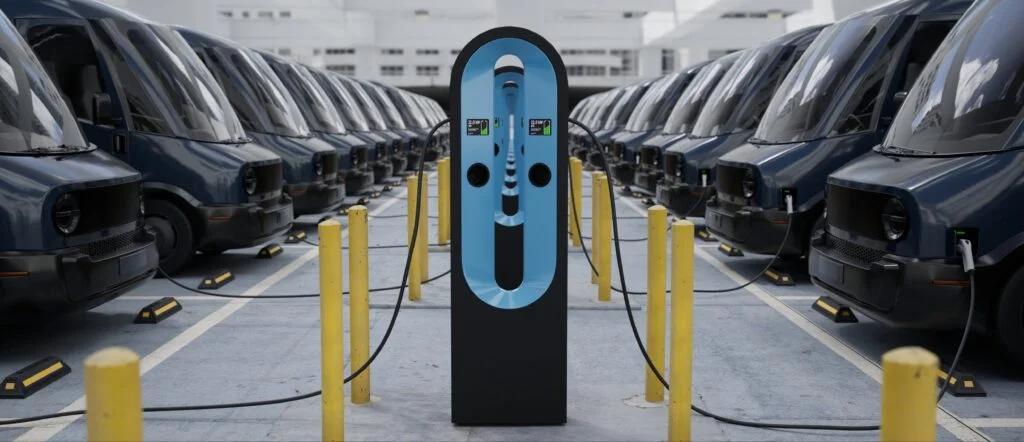
Bridging the Skills Gap: Workforces for Electrification
Australia’s clean energy transition demands a skilled workforce. Energeia’s analysis reveals urgent needs, strategic solutions, and policy pathways to bridge the electrification skills gap and
The Australian Renewable Energy Agency (ARENA) was established to provide funding and support the competitiveness of renewable energy and enabling technologies in Australia. ARENA’s electric vehicle (EV) Smart Charging workstream collected data from three key smart charging trials by AGL, Origin Energy and EVGrid – a consortium of five National Electricity Market (NEM) Distributed Network Service Providers (DNSPs). The three trials assessed the impact of EVs on the electricity market and gauged the willingness of consumers to have their EV charging managed under the innovative structures developed by the trial retailers and DNSPs.
The trials tested a number of financial incentives, including:
Consumption-based daily incentives: allowing customers to be paid in a $/kWh rate to voluntarily move charging behaviour into optimal hours on a fixed daily schedule
Daily controlled (smart) charging: prioviding customers a fixed incentives per day to completely limit energy provided during peak demand hours on a fixed daily schedule
Ad-hoc demand response: providing a financial incentive to enourage a change in customer behaviour with a moderate notice period, on an ad-hoc schedule
Learnings from the trials aimed to allow stakeholders within the energy market to better plan for increased numbers of EVs, both at lower costs and higher levels of convenience for consumers. The effectiveness of communicating network stress and wholesale market fluctuations to EV owners is a key challenge, minimising the impact of the anticipated rapid uptake of EVs in the NEM.
Energeia’s consulting services were contracted by ARENA to consolidate outcomes from each of the trials and provide clear results to all stakeholders on the effectiveness of the trials’ management of EV charging impacts on the grid and the levels of trial participation by consumers.Our analysis demonstrated that both controlled smart charging and price incentives resulted in a strong change in the charging pattern of consumers.

Energeia’s Eric Kotopoulis presented the findings of the trials at ARENA’s 2022 and 2023 DEIP Dive forums and engaged in a Q&A with industry audience members as a part of ARENA’s smart charging trial panel.
Energeia’s findings for ARENA can be found online in the organisation’s Knowledge Bank.
For more detailed information regarding the key challenges of analysing and optimising EV integration, best practice methods, and insight into their implementation and implications, please see Energeia’s webinar and associated materials.
For more information or to discuss your specific needs regarding EV integration pathways modeling, please request a meeting with someone from our team.

Australia’s clean energy transition demands a skilled workforce. Energeia’s analysis reveals urgent needs, strategic solutions, and policy pathways to bridge the electrification skills gap and

The AEMC partnered with Energeia to explore how flexible Consumer Energy Resources (CER), like solar, batteries, electric vehicles, and smart appliances, can reduce costs and

Energy Queensland collaborated with Energeia to address financial barriers in EV charging infrastructure, focusing on high network tariffs and demand charges. The study evaluated alternative
Sydney Office
Energeia Pty Ltd
WeWork
L1, 1 Sussex St
Barangaroo NSW 2000
Phone: +61 (0)2 8097 0070
ABN: 15 134 783 412
consulting@energeia.com.au
US Office
Mansion Square
Suite 380, 132 E Street
Davis, CA 95616
Phone: +1 (530) 302-3861
Fax: +1 (530) 419-2572
USA@energeia-usa.com
energeia-usa.com
